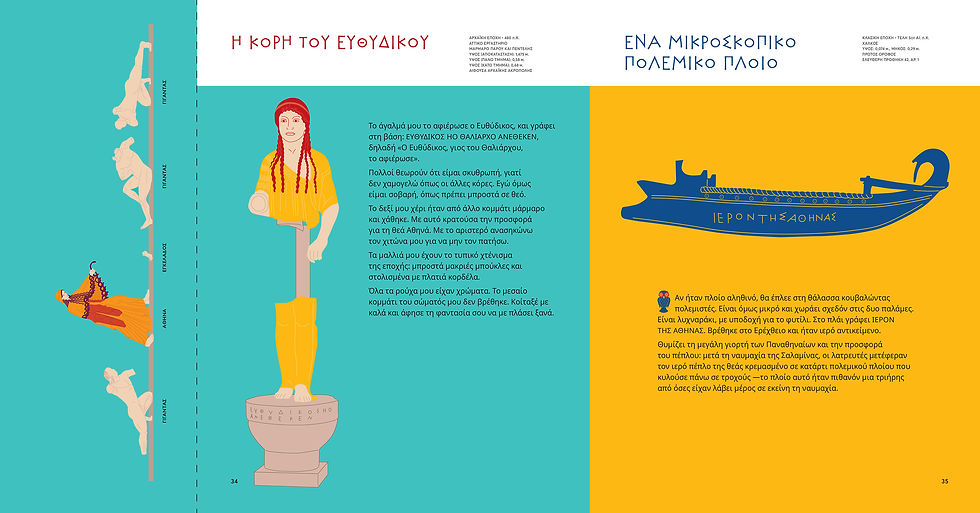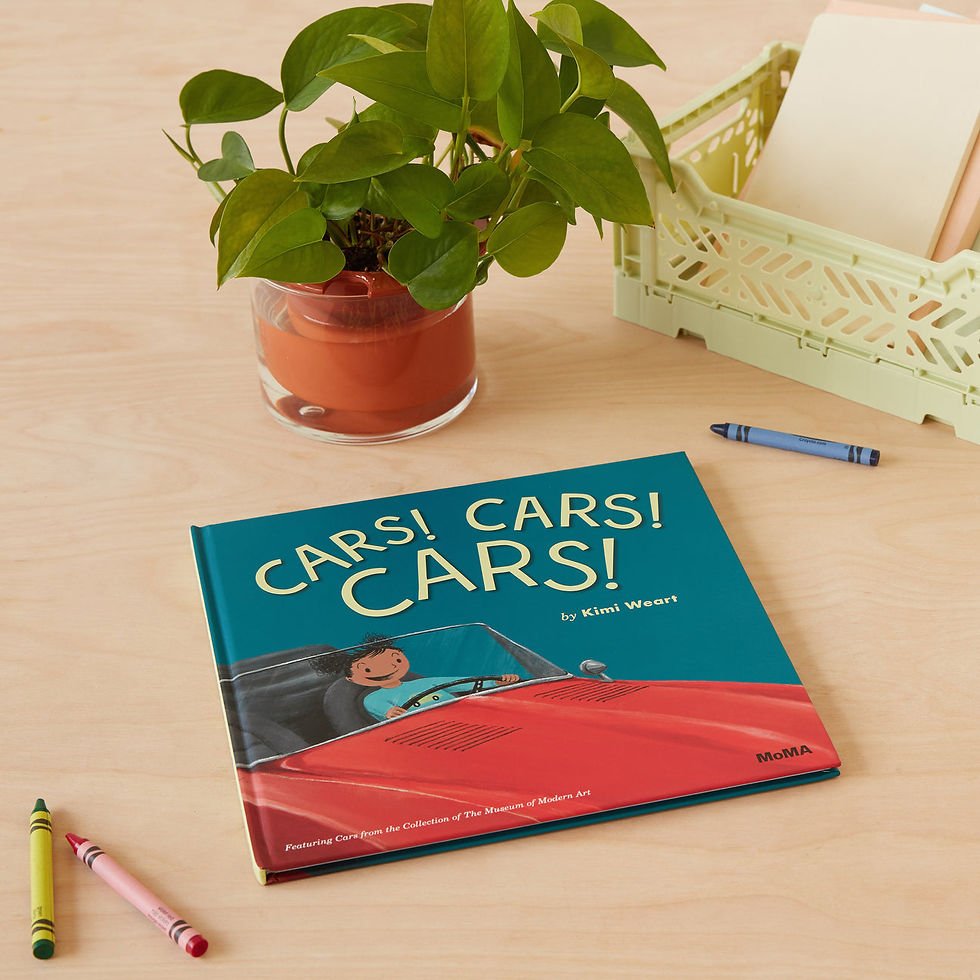Details
456 pages
379 color and 191 black & white photographs, 23 drawing
hardback with cardboard coverbox, 30x25 cm
Description
The publication is available in 200 signed and numbered copies. It includes the book with a specially crafted cover in a handmade plexiglass box.
The book consists of a collection of eleven essays that provide an assesment of the influence the Aegean world has exerted upon Greek art and civilization throughout the ages. Eleven authors, all leading experts in their fields of history, literature and art, highlight important aspects of the Aegean world in texts that combine up-to-date scholarship with a lively re-evaluation of philosophy, architecture, sculpture, painting, etc. The book's most engaging quality, however, is the manner in which it attempts to convey a vivid image of the Aegean Sea and the civilization that flourished on its islands.
Illustrated throughout with unique, often full page aerial photographs and drawings, the volume brilliantly captures the essence of Greek civilization and constitutes a lively introduction to the history of the Aegean world. It also provides a comprehensive study and evaluation of its many aspects and succeeds in establishing it as a point of reference for Western culture.
Contents
Odysseus Elytis
Draft for an introduction to the Aegean World
Nikos Svoronos
A retrospective of Aegean history
Manolis Andronicos
The contribution of the Aegean islands to the artistic development of the ancient world
Charalambos Bouras
Byzantine architecture in the Aegean
Myrtali Acheimastou-Potamianou
Byzantine art in the Aegean
Charalambos Bouras
Architecture and town-planning in the traditional settlements of the Aegean
Anastasios Tzamtzis
Shipping, a brief consideration through the ages
Angelos Delivorrias
Traditional art on the Aegean islands
Lambros Liavas
The early Aegean and its contribution to the development of Western Thought
Yiorgos Yiatromanolakis
The Aegean and Greek literature
top of page
Related Products
bottom of page



























